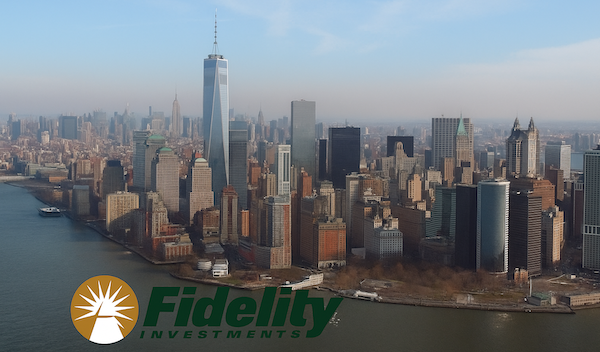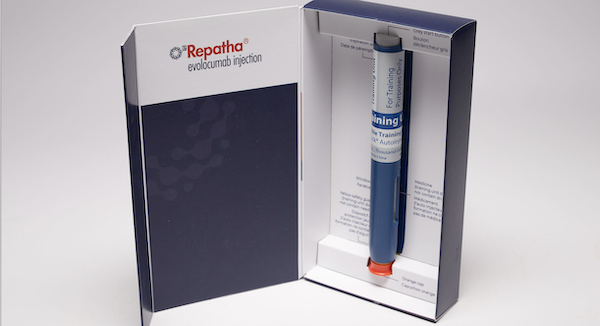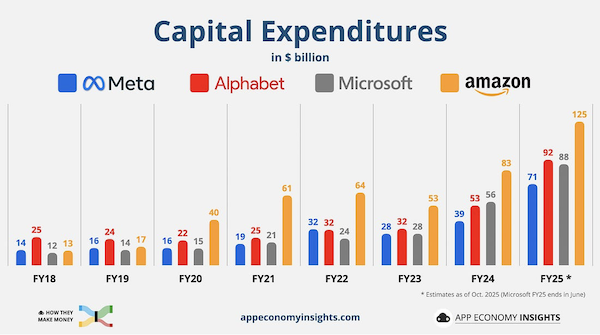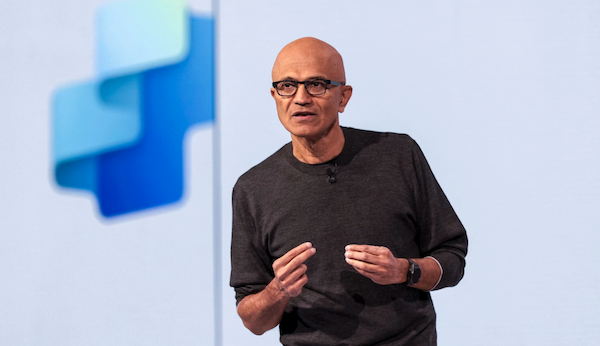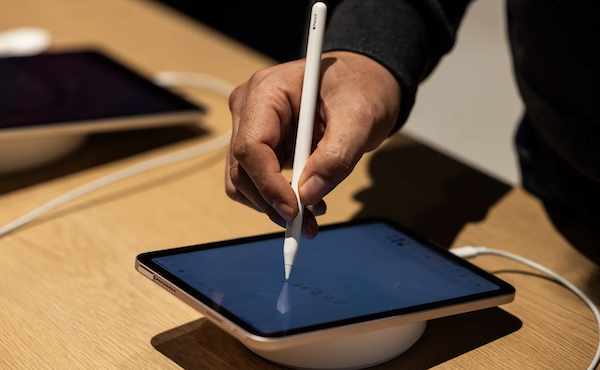
Whoop is an American wearable technology company headquartered in Boston, Massachusetts. Will Ahmed started the company back in 2012 and his niche idea for elite athletes has ballooned into a global wellness business operating in 60 markets, with subscriptions up 20x since 2020 and 75% in the past two years.
Now, Ahmed says Whoop is "well-positioned" for an IPO in the next two years, supported by proprietary hardware, software, analytics, and even apparel. The latest model, the medical-grade Whoop MG, adds blood-pressure tracking, ECG capabilities, AFib detection, and biological-age scoring. Bloodwork integration is now live, and hormone and metabolic panels are expected to arrive in early 2026.
Competition is heating up with Oura (my personal favourite), Samsung's new smart ring, and several big-tech glucose-monitoring moonshots all circling the same "personal health" category. Whoop's business model is different - no device fee, only a membership subscription (up to $359/year), making the hardware effectively useless if you cancel.
Whoop aims to become a "health operating system," eventually utilising its AI models to predict heart attacks, strokes, and other major conditions. If it pulls that off, this could be one of the most interesting IPOs in consumer health in years.



